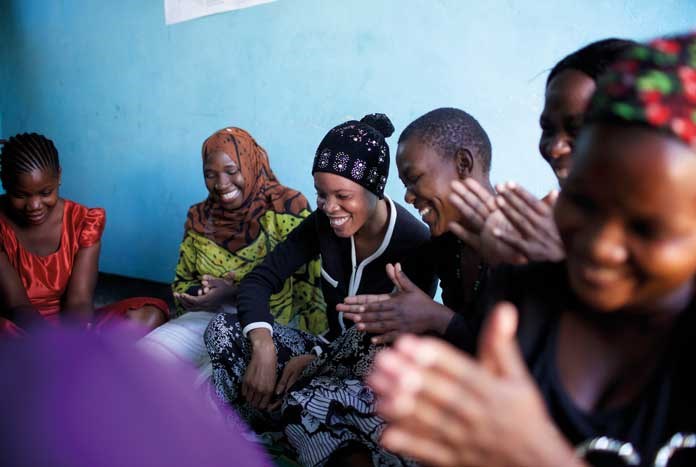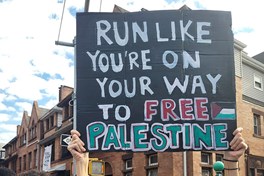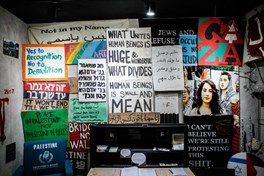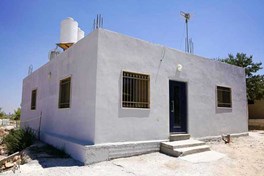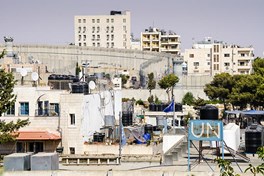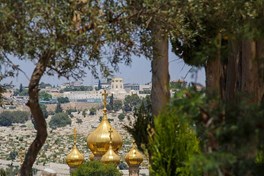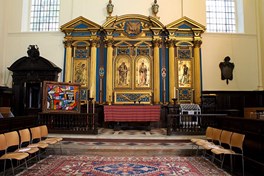Rain was pouring down outside as we savoured some sweet tea and strained to hear each other over the din. We reflected on the week we’d just spent together.
One participant smiled and said, “I feel alive again!” The group nodded, agreed. It was late October 2019, and practitioners from Burundi, Tanzania and Kenya had gathered in Mwanza, Tanzania, for a week-long workshop to learn about Amos’ partner Cheka Sana and their work with girls and young women on the street.
Their approach is having profound effects, combining group work, support with business training and self-defence sessions. On our third day together, the female workshop participants accompanied Cheka Sana staff members, Nyangi and Revina, to the self-defence training.
The two male practitioners in our workshop instead joined a session with Cheka Sana’s other outreach workers; self-defence at Cheka Sana is a fiercely-guarded female space. Self-defence training is a key part of Cheka Sana’s broader approach with young women on the streets.
Emiliana, 21, who now runs her own business making children’s clothes after graduating from Cheka Sana’s youth association groups, explained: “At first, I didn’t understand the point of the meetings or what was happening. But then I also joined the self-defence training, and girls from all the other groups, not just mine, started coming. After a few sessions I saw the value of what we were learning, in self-defence sessions and in the group.
Their approach is having profound effects, combining group work, support with business training and self-defence sessions.
I became a leader. I helped our group to get past fights, and reach solutions. Because of Cheka Sana’s support, I can now have control over my own finances. I am a tailor. I especially love to make children’s dresses. I sell them all over Mwanza. I know that what Cheka Sana has helped me with, nobody can take away from me now.”
I have visited Cheka Sana before and have known of their work over several years, but it was during this visit that I really began to understand the radical edge to their approach. Mwanza, is in the culturally conservative Lake Zone of Tanzania, where women are taught not to say no. The act of saying ‘Hapana!’ (“No!”) is in itself a huge hurdle to overcome, even before they are encouraged to yell it out!
As the weeks progress, girls go from whispering it, what Nyangi calls a “tip-toe no”, to bellowing it. The physical training sessions are followed by group discussions with Nyangi, whom the girls trust deeply. This relationship between Nyangi and the young women, built over countless hours of presence in their lives, during outreach work on the streets, in their youth association groups and then at their self-defence training each week, provides a safe space for them to build their confidence and make the changes they want.
At first, I didn’t understand the point of the meetings or what was happening. But then I also joined the self-defence training, and girls from all the other groups, not just mine, started coming. After a few sessions I saw the value of what we were learning, in self-defence sessions and in the group.” Emiliana, 21
Esther, one of Cheka Sana’s assistant trainers in self-defence, spoke about girls’ experiences on the streets. “They live in fear. Self-defence can change that reality — they can stand on their own two feet, be brave, if they don’t want something to happen, they can stand up for that. Yes, it’s about physical defence, but also girls emotionally defending themselves... knowing their own value.” Nyangi and the rest of the team invited us along to learn about their youth association groups, which bring together young women aged 15-25 for a long-term process of group formation, life skills, leadership development and business training.
Down the line, young women then get individualised support either to pursue vocational training, or access a small grant to kickstart a business, such as a market stall. For Emiliana, the power of Cheka Sana’s work comes from the combination of what they offer young women. She reflected that without the self-defence sessions, she wouldn’t have believed she could succeed at her own business initiative.
Cheka Sana is run by executive director Catherine (pictured), and her senior team, who are all women under the age of 35. Catherine explained to us why their work with young women is so countercultural. “We’re teaching girls to be independent. Is there anything wrong with that? No. But in our society, we are raised to be dependent on a man, who in reality won’t be there all the time…
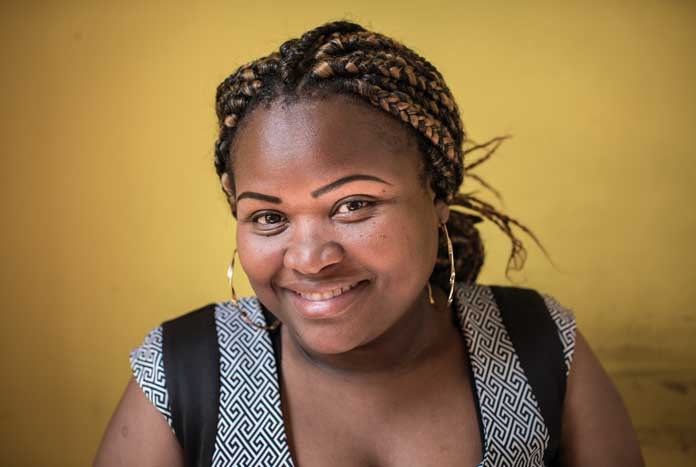
“We’re teaching girls to be independent. Is there anything wrong with that? No. But in our society, we are raised to be dependent on a man, who in reality won’t be there all the time...” Catherine Mongella — Director, Cheka Sana Tanzania
We don’t want to break relationships, don’t get me wrong. We just want them to be in relationships they want to be in. If you need to be with someone, that’s when they give away all the power — and we don’t want that for our girls. We’re not doing them justice for their future. We want them to experience equality. Our hope is that they understand the worth that we see in them. They understand the potential we see in each of them. That they know we understand the struggles that they face as women.
“We work through a model of solutions-focussed approaches, which essentially, allows us to work with a girl on her terms. Based on what they want, not what we want, on how they think it’s best to solve their issue or problem — not from our “educated” perspective, but from their perspective whilst on the street. ‘So, if you don’t want to go home, darling, you don’t have to. What do you want to do? What can we do together to make sure that you’re safe? You tell me.’ It takes time, and patience, but once you see even one girl’s life changing, it gives enough fire and fuel to keep going.”
We don’t want to break relationships, don’t get me wrong. We just want them to be in relationships they want to be in. If you need to be with someone, that’s when they give away all the power — and we don’t want that for our girls.”
And for the practitioners themselves, our week in Mwanza with Catherine and her team was not only one of learning but also a time for rejuvenation and relationship-building: something not normally afforded practitioners. This could never be done in the same way in a brief online seminar or a one-day training.
One wonderful illustration of what can come of spending quality time with each other in regional settings like this, was when Teddy, programme director of New Generation Burundi visited a local Tanzanian organisation participating in the workshop, supporting female domestic workers.
The Tanzanian team had by chance met a child domestic worker from Burundi. The staff were struggling to communicate with her, so Teddy assisted, speaking with her in their shared mother tongue of Kirundi and helping the team to develop a plan. They soon established that they in fact regularly meet girls from Burundi who have sought work in Mwanza, but lack the capacity to successfully trace their families back across the border. Now they’ve made contact, working together on future cases is all the more possible.
We went our separate ways in the knowledge that in Burundi, Kenya and Tanzania, there are friends in this work to reach out to, who know how hard this work is but also know its deep joys and long-term impact.
— — — — — — —
Please sign up to receive Amos Trust’s E-news which will keep you updated about our work in Palestine, our On Her Terms campaign for girls and young women on the streets and our Climate Justice work in Nicaragua.

